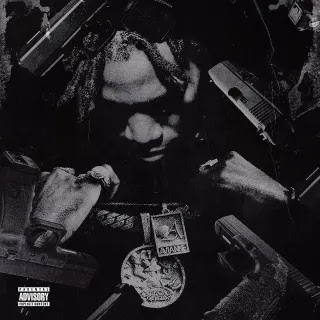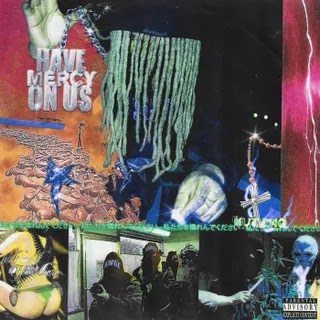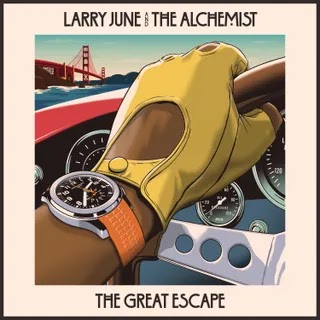Backed by Blockhead’s spare production, the Long Island-bred rapper continues his creative evolution, writing more incisively about himself than ever before.
Fourteen years ago, the Long Island-bred rapper famous for his labyrinthine flows put out his last LP for El-P’s landmark indie rap label Def Jux. Though he had self-released an excellent EP, Appleseed, and put out a similarly inspired album, Float, on Mush, it was with Def Jux that he became an icon to early 2000s underground fans and other rappers. (Labor Days, his treatise on work released a week after the September 11 attacks, is perhaps the defining record of its kind from that era.) But after 2007’s well-received None Shall Pass, Aesop disappeared from the public eye and did not release a solo recording for five years.
In that time, Def Jux went on a hiatus that turned permanent. Aesop’s best friend, the rapper Camu Tao, died of lung cancer. The CD-sales economy that buoyed small labels mostly collapsed. When Aesop returned, he did so on Rhymesayers, the Minneapolis indie label co-founded by Slug and Ant of Atmosphere. Over the course of seven years, he released three solo albums. Where he previously split production duties with his longtime collaborator Blockhead and a smattering of outside contributors, these were entirely self-produced. While they are certainly recognizable as works by the same artist who made Bazooka Tooth, the stylistic breaks from the Def Jux era to the Rhymesayers one are notable: Even when Aesop’s current mixes are busy, they are seldom cacophonous; even when the pronouns suggest his gaze has turned to the outside world, he is now writing more incisively about himself. By last year’s Spirit World Field Guide, Aesop was making his best—most provocative, most personal, most rhythmically daring—music since 2001, much of it about casing one’s own proverbial house under a proverbial neighbor’s indifferent nose.
Garbology blows up that change in the liner notes but continues that creative evolution. Though the two have been working together since 1997, this is the first LP of Aesop’s that is entirely produced by Blockhead. It is also his most musically spare. A perfect case in point is lead single “Jazz Hands,” which is lush but initially minimal, making space for bemused riffs on seldom-seen relatives and his own hypertechnique (“I step into the room, split an arrow with an arrow/The first trick shot is just to show ’em that I dabble/...I will not be aiming for the apple”). When Aesop is done rapping, Blockhead’s drums finally, forcefully kick in for a 70-second coda. The song’s structure would be audacious in a vacuum; that it’s the second track on the album suggests supreme confidence in the record’s shape.
This abundance of negative space makes room for the subtle vocal variations Aesop has been deepening since 2012’s Skelethon. His flows are increasingly complex, though he leads the listener through them with changes in tone and timbre. On one of the record’s best songs, “More Cycles,” Aesop spends a lot of time a hair behind the beat, irresistibly syncopated. (It also features some of his most imagistic writing: “I could hold a wheelie for a decade/Circle any borough like a bird around a headache/Mercury in retrograde, mercenary working through the Jengascape/Body and the spirit going separate ways.”) “Wolf Piss” could be read as a song-length demonstration of how his knotty, turn-of-the-century flows were refitted for commercial rappers in the 2010s; when, on “Fizz,” he stretches out the last syllable of “I can feel my life force leaving meeeeee,” you’re left to wonder if he’s borrowing from stylistic successors like Open Mike Eagle, or whether all these tics lead back to Aes.
Despite its tight construction, Garbology is at its best when it succumbs to a certain irresolution. The closer, “Abandoned Malls,” is so grim as to be genuinely upsetting—Blockhead’s beat has some B-movie gloom, but its relentless forward pulse taps into something darker. Most telling is the conclusion of “All the Smartest People,” the short sketch that begins with the scene of Aesop and his neighbor outside the house. “I don’t use shortcuts/I don’t use pace cars/Cut through a graveyard, just to cut through another graveyard,” he raps, and then the song fades out, the deaths and monuments to them blurring into one another.
















0 comments:
Post a Comment